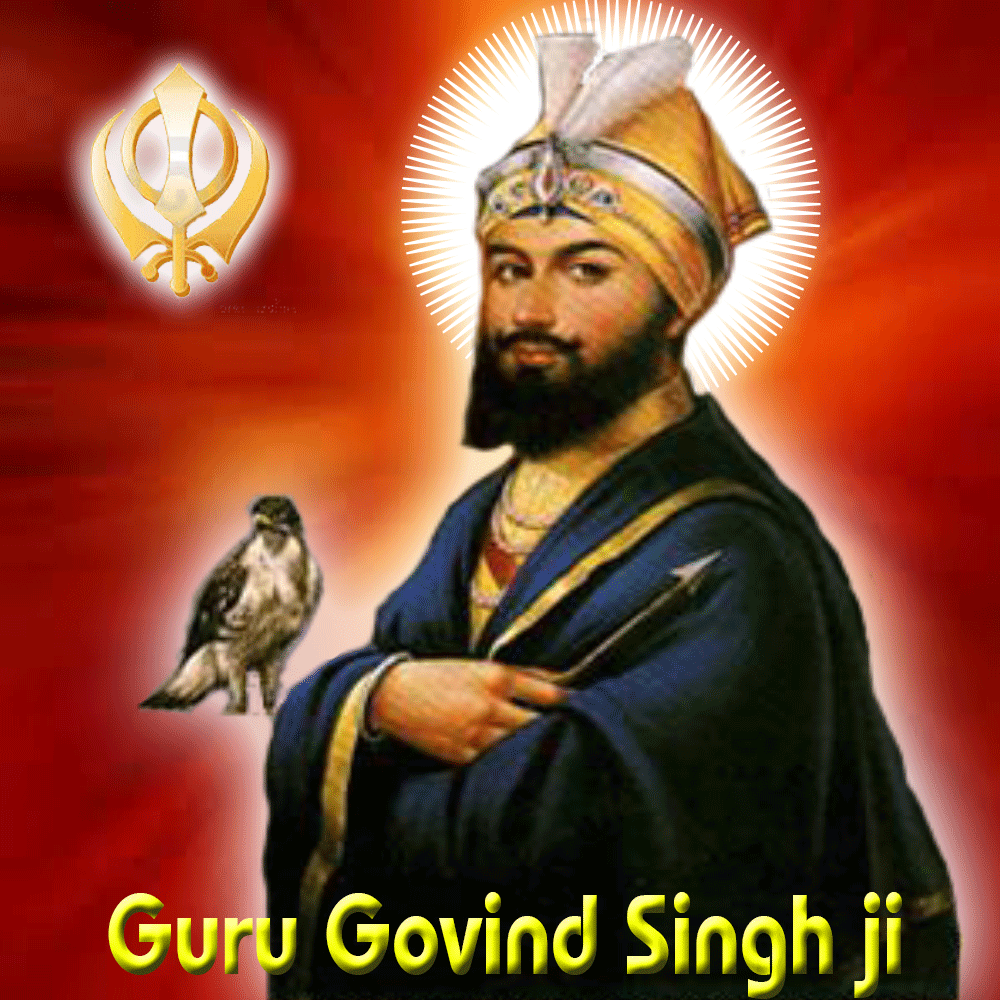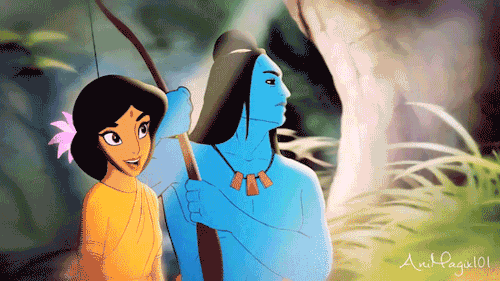5 Interesting Facts About Diwali
Diwali, the Indian festival of lights, is one of the most widely celebrated religious occasions across the world.
Diwali, the Indian festival of lights, is one of the most widely celebrated religious occasions across the world. Here are some of the most surprising facts about Diwali that you probably didn’t know.
1. The day Lakshmi visits her devotees

Goddess Lakshmi visits her devotees and bestows gifts and blessings upon each of them. To welcome the Goddess, devotees clean their houses, decorate them with finery and lights, and prepare sweet treats and delicacies as offerings. Devotees believe the happier Lakshmi is with the visit, the more she blesses the family with health and wealth.
2. Different Diwali stories
Many see Diwali honouring the return of the lord Rama, his wife Sita and his brother Lakshmana from exile, as told in the ancient Hindu epic called the Ramayana. To some, Diwali marks the return of Pandavas after 12 years of Vanvas and one year of agyatavas in the other ancient Hindu epic called the Mahabharata. Many other Hindus believe Diwali is linked to the celebration of Lakshmi, the goddess of wealth and prosperity, and wife of deity Vishnu. The five day festival of Diwali begins on the day Lakshmi was born from the churning of cosmic ocean of milk during the tug of war between the forces of good and forces of evil; the night of Diwali is the day Lakshmi chose Vishnu as her husband and then married him. Some Hindus offer pujas to additional or alternate deities such as Kali, Ganesha, Saraswati, and Kubera. Other Hindus believe that Diwali is the day Vishnu came back to Lakshmi and their abode in the Vaikuntha; so those who worship Lakshmi receive the benefit of her good mood, and therefore are blessed with mental, physical and material well-being during the year ahead. But mostly the festival is considered the return of the Lord Rama and Sita after completing fourteen years in exile.
3. On the day of Diwali, Lord Mahavira attained his Moksha

In Jainism, Diwali commemorates the anniversary of Lord Mahavir‘s attainment of moksha, or freedom from the cycle of reincarnation, in 527 B.C.E. Lord Mahavir was the 24th and last Thirtankar of Jainism and revitalized the religion as it is today. First referred to in Jain scriptures as dipalikaya, or light leaving the body, it is said that the earth and the heavens were illuminated with lamps to mark the occasion of Lord Mahavir’s enlightenment.
4. Sikhs commonly called Diwali Bandi Chhor Divas

Diwali, for Sikhs, marks the Bandi Chhor Divas, when Guru Har Gobind Ji freed himself and Hindu Kings, from Fort Gwalior, from the prison of Islamic ruler Jahangir, and arrived at the Golden Temple in Amritsar. Ever since then, Sikhs celebrate Bandi Choor Divas, with the annual lighting up of Golden Temple, fireworks and other festivities.
5. It is a national holiday in India, Trinidad & Tobago, Myanmar, Nepal, Mauritius, Guyana, Singapore, Suriname, Malaysia, Sri Lanka and Fiji. And is an optional holiday in Pakistan.

Diwali is celebrated around the world, particularly in countries with significant populations of Hindu, Jain and Sikh origin. These include Sri Lanka, Pakistan, Myanmar, Thailand, Malaysia, Singapore, Indonesia, Australia, New Zealand, Fiji, Mauritius, Kenya, Tanzania, South Africa, Guyana, Suriname, Trinidad and Tobago, the Netherlands, Canada, the United Kingdom,United Arab Emirates, and the United States. With more understanding of Indian culture and global migration of people of Indian origin, the number of countries where Diwali/Deepavali is celebrated has been gradually increasing. While in some countries it is celebrated mainly by Indian expatriates, in others it is becoming part of the general local culture. In most of these countries Diwali is celebrated on the same lines as described in this article with some minor variations. Some important variations are worth mentioning.


